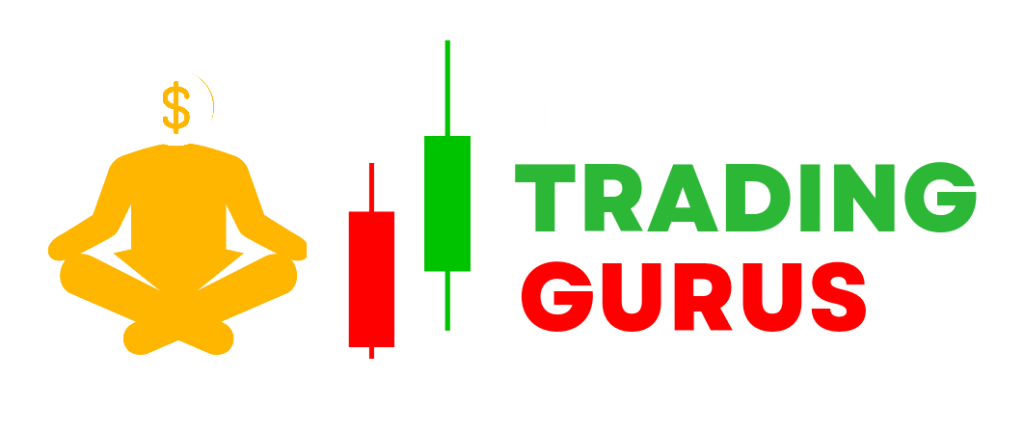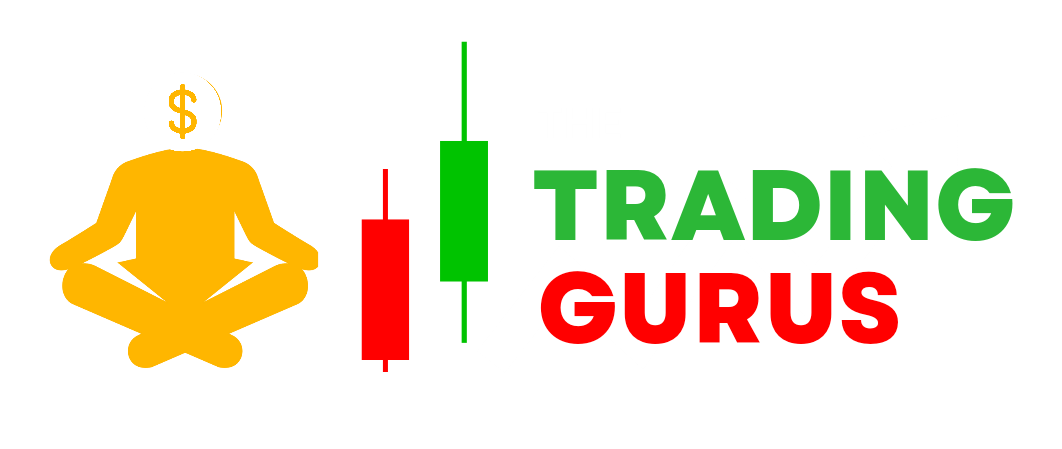Forex vs Stock Market: Understanding the Differences

Introduction
The financial markets offer a plethora of investment opportunities, with forex and stock markets being two popular choices. Both markets provide avenues for potential profits, but they differ in various aspects. In this article, we will explore the differences between forex and stock markets, including their structure, trading hours, liquidity, and factors influencing their movements. By understanding these distinctions, investors can make informed decisions and choose the market that aligns with their goals and preferences. Forex vs Stock Market are the two biggest trading markets in the world of trading.
Market Structure of the Forex vs Stock Market
The forex market, also known as the foreign exchange market, is a decentralized market where global currencies are bought and sold. It operates 24 hours a day, five days a week, allowing traders to engage in currency trading at any time. In contrast, the stock market is a centralized marketplace where shares of publicly traded companies are bought and sold. Stock exchanges, such as the New York Stock Exchange (NYSE) or the London Stock Exchange (LSE), facilitate trading during specific hours, usually from Monday to Friday.
Trading Hours of the Forex vs Stock Market
Forex trading is renowned for its accessibility due to its round-the-clock nature. As the market operates across different time zones, traders can participate in forex trading at any time, except on weekends. This flexibility enables individuals from various regions to engage in currency trading based on their preferred schedules. Conversely, stock markets have set trading hours that coincide with the business hours of the respective countries. For instance, the NYSE operates from 9:30 am to 4:00 pm Eastern Time, and the LSE operates from 8:00 am to 4:30 pm Greenwich Mean Time. Therefore, for Forex vs Stock Market the forex forex market has a greater accessibility.
Liquidity of the Forex vs Stock Market
Liquidity refers to the ease of buying or selling assets without significantly impacting their prices. In terms of liquidity, the forex market excels, primarily due to its immense trading volume. The daily trading volume in forex surpasses trillions of dollars, ensuring ample liquidity for traders. This high liquidity allows for quick execution of trades and tight spreads. On the other hand, stock markets, while still liquid, may face liquidity challenges, particularly with less actively traded stocks or during periods of market volatility.
Factors Influencing Market Movements
The factors influencing forex and stock market movements differ significantly. In the forex market, currencies are influenced by a range of factors, including economic indicators, political events, central bank decisions, and geopolitical developments. Currency pairs are also impacted by the relative strength of different economies and interest rate differentials. In contrast, stock market movements are influenced by company-specific factors, such as earnings reports, mergers and acquisitions, industry trends, and overall market sentiment. Stocks are also affected by macroeconomic factors, but their impact is typically more specific to individual companies or sectors.
Leverage and Volatility
Forex trading often involves the use of leverage, allowing traders to control larger positions with a smaller amount of capital. This amplifies potential gains but also increases the risk. In contrast, stock trading typically involves lower leverage or no leverage at all, reducing the risk associated with trades. Additionally, the forex market tends to exhibit higher volatility due to its vast size, frequent news releases, and currency fluctuations. Stock markets may experience volatility based on company-specific events, industry trends, or broader market conditions.
Conclusion
Understanding the differences between the forex and stock markets is essential for investors seeking to participate in these markets. While forex offers round-the-clock trading, high liquidity, and currency-specific factors, the stock market operates during specific hours and is influenced by company-specific and market-related factors. By considering these distinctions, investors can make informed decisions and select the market that best suits their investment objectives and trading preferences. After reading through the differences, you should make your choice and contact us now to start.


